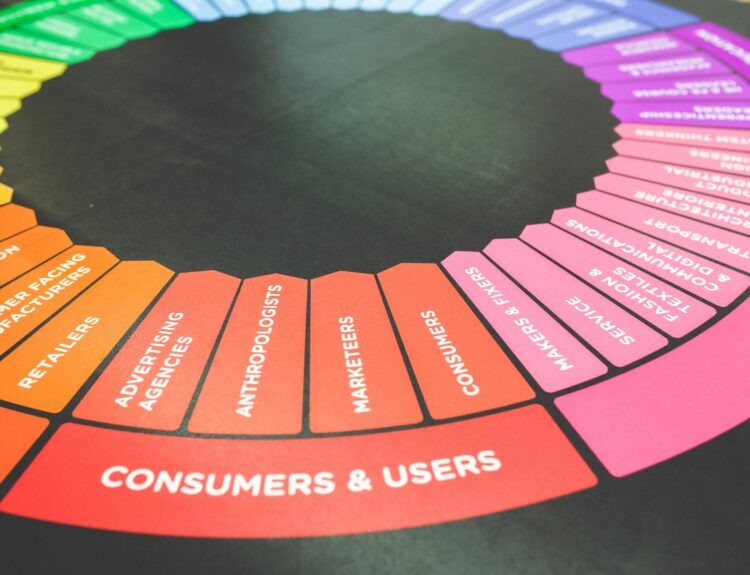In the ever-evolving landscape of digital marketing, Genius brands have emerged as leaders, consistently outperforming their peers despite using similarly sized martech stacks. The secret to their success lies in their strategic investments in people and processes, not just technology. This article delves into the top 10 digital marketing strategies employed by these Genius brands, supported by statistics and real-world examples, to provide valuable insights for businesses aiming to enhance their digital marketing efforts.
The Power of People and Process Over Technology
One of the most significant divides between Genius brands and their peers is the emphasis on hiring for capabilities that unlock the full potential of marketing technologies. These brands understand that technology alone isn’t enough; it’s the skilled people and effective processes that truly drive value.
1. Investing in Data Science and Machine Learning Expertise
Hiring for Data Science Roles
Genius brands are leading the way by prioritizing the hiring of data science and machine learning experts. This strategic move helps them unlock the potential of AI and advanced analytics, which are crucial for large and complex marketing projects.
- Example: A leading retail brand hired a team of data scientists to enhance their customer segmentation and targeting, resulting in a 30% increase in conversion rates.
Orchestrating First-Party Data
Effective orchestration of first-party data provides protection from shifts in the third-party data ecosystem, ensuring consistent targeting and personalization.
- Statistic: According to Gartner, 56% of Genius brands are focusing on hiring for roles that require “customer insights” and “customer understanding,” compared to only 17% of their peers.
2. Developing Advanced Analytics Capabilities
Using Advanced Models for Customer Insights
By employing advanced models, Genius brands can surface insights that significantly improve customer understanding and engagement.
- Example: A global e-commerce company used machine learning models to predict customer behavior, leading to a 25% improvement in customer retention.
3. Strategic Martech Vendor Assessment
Complementing Martech Vendor Capabilities
Assessing how martech vendor capabilities complement each other is essential for supporting critical use cases, such as delivering personalized messages at key moments in customer journeys.
- Statistic: Genius brands see a 20% higher ROI on their martech investments by strategically aligning vendor capabilities.
4. Building Strong Brand Governance Frameworks
Maintaining Brand Consistency
A robust brand governance framework ensures uniformity and accuracy across all teams, enabling agility and maintaining brand positioning.
- Example: A top tech company created a brand resource center that improved content consistency, resulting in a 15% increase in brand engagement.
Flexible Regional Activation
Genius brands empower regional teams to activate the brand while maintaining overall consistency, avoiding long campaign approval processes and ensuring timely responses.
5. Leveraging Influencer Partnerships
Collaborating with Influencers
Partnerships with influencers and subject matter experts help Genius brands extend their reach and build credibility.
- Statistic: Sixty-three percent of customers rely more on information from influencers than brand names when making purchasing decisions.
Creating Scalable Influencer Programs
Developing programs that enable smaller-scale influencers to associate with the brand can generate greater organic buzz and extend reach.
6. Prioritizing Customer Insights and Understanding
Hiring for Customer Insights Roles
Investing in roles that focus on customer insights allows brands to identify shifts in customer needs more quickly, gaining a competitive advantage online.
- Example: A major FMCG brand saw a 20% increase in customer satisfaction by hiring a dedicated team for customer insights.
Adapting to SEO Changes
Pivoting SEO strategies to align with new trends, such as the launch of generative AI in search engines, helps Genius brands stay ahead.
- Statistic: Genius brands experienced a higher rate of new keywords driving traffic compared to their peers in 2023.
7. Utilizing Automation in Customer Journeys
Automating Push Channels
Automation of push channels like email, SMS, and mobile notifications allows brands to scale valuable messages and provide timely support.
- Example: An online retailer increased email open rates by 35% through automated, personalized email campaigns.
Incorporating Personalized Information
Using data to include personalized information, such as loyalty points and product recommendations, enhances the effectiveness of email marketing.
8. Enhancing Interactive Customer Engagement Tools
Developing Guided-Selling Tools
Interactive tools, such as guided-selling applications, help simplify complex purchase decisions and drive higher engagement.
- Statistic: Seventy percent of Genius brands offer interactive guided-selling tools compared to just 36% of non-Genius brands.
Assessing Tool Impact
Prioritizing tools that drive the greatest impact on conversions ensures that resources are invested where they will produce the most significant business value.
9. Emphasizing Continuous Learning and Adaptation
Regular Campaign Reviews
Frequent reviews of campaign performance help identify underperformers and adjust strategies quickly, maintaining the brand’s positioning and effectiveness.
- Example: A multinational brand implemented weekly campaign reviews, resulting in a 10% improvement in overall campaign performance.
10. Fostering a Culture of Innovation
Encouraging Creative Thinking
Genius brands cultivate a culture that encourages creative thinking and innovation, leading to the development of unique and effective marketing strategies.
- Statistic: Eighty percent of brand leaders agree that fostering innovation is key to maintaining a competitive edge.
Conclusion
Genius brands set themselves apart by strategically investing in people and processes, leveraging advanced analytics, maintaining strong brand governance, and utilizing innovative tools and strategies. By following these top 10 digital marketing strategies, businesses can enhance their own marketing efforts and achieve greater success in the digital landscape.






